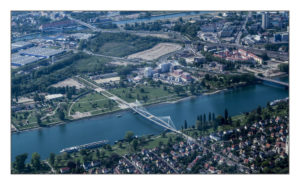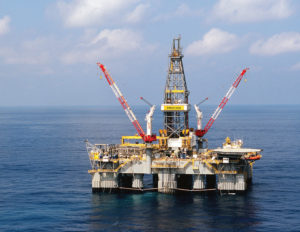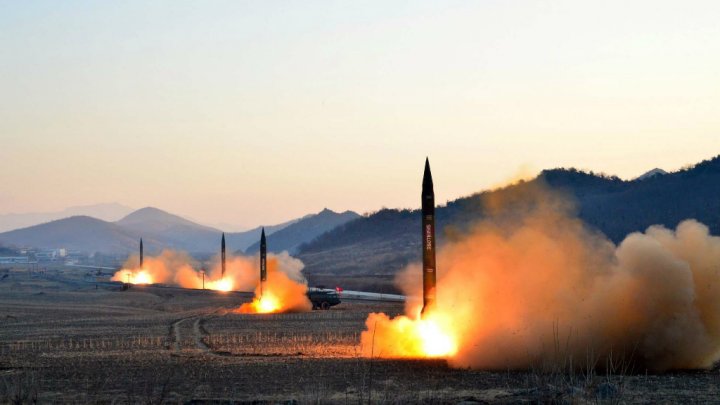Letter from La Vigie n° 144 of 10 June 2020
Getting ahead of the game
In order for France to cope with the current crisis as the health shock subsides, the strategist recommends that it should give a new, realistic strategic impetus and envisage an ambitious renewal of its national paradigm. These two axes are the keys to a long-term project.
To read the article, click here.
Missing: scientific authority
The pandemic is not a geopolitical turning point, but it is accelerating underlying trends. Among these, the collapse of the authorities continues. Scientific authority was one of the last remaining. However, the influence of scientists has lost much in the crisis, whether in the analysis of the virus or in the major debates on the different types of treatment for the disease. This does not mean the end of scientific progress, far from it. But the public authority of the word of scientists, thanks to their legitimacy and neutrality, has suffered from the interests they were able to defend. This further weakens the cohesion of societies.
To read the article, click here
Lorgnette: Bartering in the Sahara
The death of Abdelmalek Droukdal, an Islamist leader of AQIM in Mali, may be just a tactical success. Perhaps it is also a sign of a broader movement. Indeed, things are moving in Mali as they are in Algeria. In Mali, the last legislative elections have apparently not changed the political balance. However, IBK, the Malian president, has understood that there is a need to move and to do so, to negotiate with both the Tuaregs and the Peuls.
In Algeria, the new President Tebboune has controlled the hirak. He has launched a constitutional amendment that allows Algeria to commit the army across the borders. This does not concern Morocco, but rather the borders to the east, because the situation in Libya is evolving in favour of Turkey’s protégés, which is worrying Algiers.
The south therefore had to be guaranteed. A Droukdal was not only Islamist but Algerian, and he wanted to prevent the subtle bartering in the south. So one can imagine that Algiers let him go, so as to stabilise the Sahara and have a free hand. The fact remains that IBK, the Malian president, has been too late and that large demonstrations are calling for his resignation. Not ideal for negotiating, perhaps enough to finally decide to move.
JOCV
Subscribers: click directly on the links to read online or download the pdf number (here), always with your login/password. New reader: read the article in the issue, by clicking on each article (2.5 €), or by subscribing (discovery abo 17 €, annual abo 70 €, orga abo 300 € HT): here, the different formulas.
Crédit photo : Eric Constantineau - www.ericconstantineau.com on Visualhunt.com / CC BY-NC







